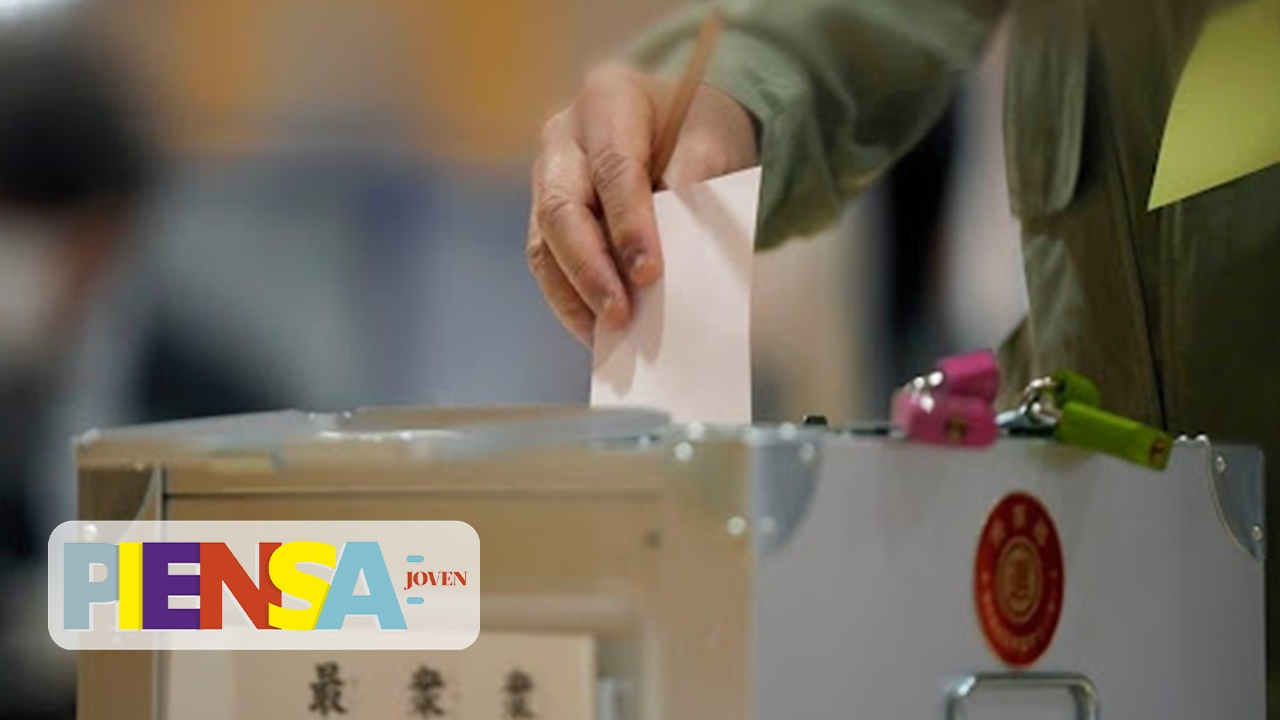
In early September Yoshihide Suga, Prime Minister of Japan at the time, announced that he would not be a candidate to lead the Liberal Democratic Party (LDP). This is equivalent to resigning from office, since being the country’s hegemonic party, whoever is its leader is automatically the Prime Minister. Suga stated that this decision was made because the elections would distract him from handling the pandemic, to which he wanted to give his full attention. The reality is that he resigned because his approval rating was too low (only 26%), given his mismanagement of the pandemic and of the Olympic Games.
This gave the opportunity for other actors in Japanese politics to have the opportunity to lead the PLD and thus be the Prime Minister. The winner of the contest, which took place at the end of September, was Fumio Kishida, previously Minister of Foreign Affairs during the government of Shinzo Abe. His first challenge was the general elections that took place at the end of October, which did not represent the success that Kishida hoped for, because although the PLD maintained its absolute majority, it lost 12 of its seats. However, it remains a success as this does not represent a significant change in the Japanese Parliament.
After the general elections, Kishida can concentrate on making his policy and facing the challenges that Japan faces: economic stagnation, the COVID-19 pandemic and the situation with China.
At economic aspect Kishida proposes applying a “new capitalism”, which he has not defined beyond saying that it is a separation from the neoliberal policy established by Shinzo Abe that seeks to reduce the income gap and increase consumer spending. It will also seek to introduce a recovery package to lift Japan out of the economic downturn caused by COVID.
At health field it is planned to continue vaccination and gradually reduce social and commercial restrictions. Finally, regarding relations with China, Kishida is committed to achieving a free and open Indo-Pacific (remember that China is making claims on islands in that region, has given more powers to its coast guard and, according to Japanese authorities, has allowed to enter Japanese territorial waters), for which it will probably seek a deeper alliance with the United States, which would also benefit Japan with respect to relations with North Korea.
It is clear that Kishida has several challenges to overcome. Unfortunately, his political position is not secure. Kishida was not the favorite candidate during the party elections, nor the one who “corresponded” to win, since his position within the party was not the most important compared to the other candidates. Conflicts within the party have consequently started to affect the functioning of the government. Kishida had to temporarily take over the Foreign Ministry, as Toshimitsu Motegi was forced to resign to take over as the General Secretary of the PLD after Akira Amari resigned after losing the party presidency.
You can see that Japan is in danger to return to the situation prior to Prime Minister Shinzo Abe of political instability due to a constant rotation of Prime Ministers, something that would be negative given the delicate situation in the country.
mgm



